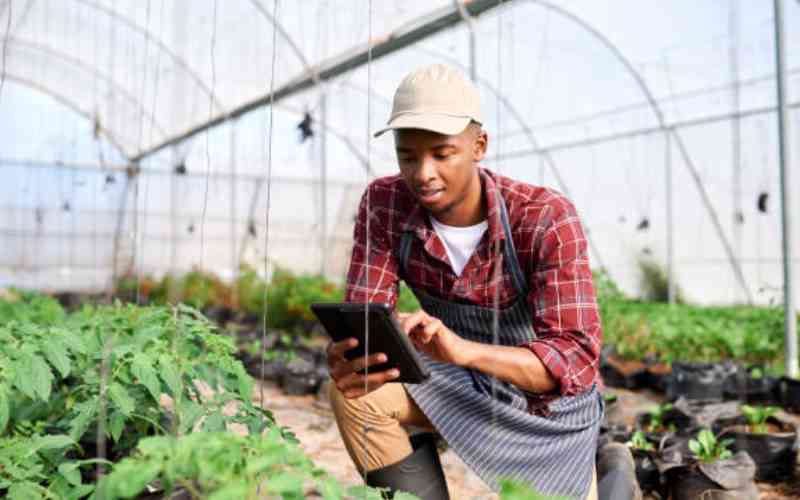×
The Standard e-Paper
Home To Bold Columnists

The Lack of digital literacy skills among smallholder farmers and the complexity of some applications have been mentioned by a think tank among the reasons why tech solutions in the agricultural sector are not being fully embraced.
The cost of smartphones and poor infrastructure where rural areas are not connected to either the national grid or network coverage has also been blamed.